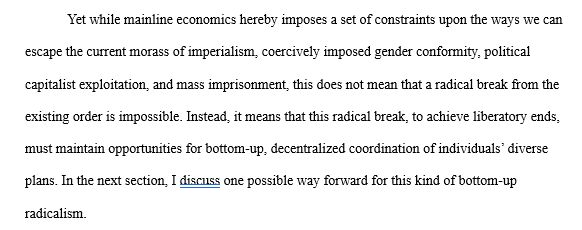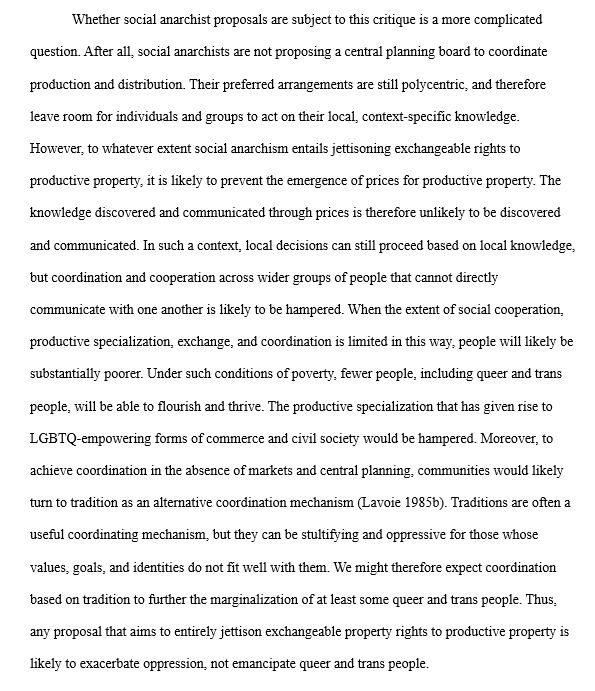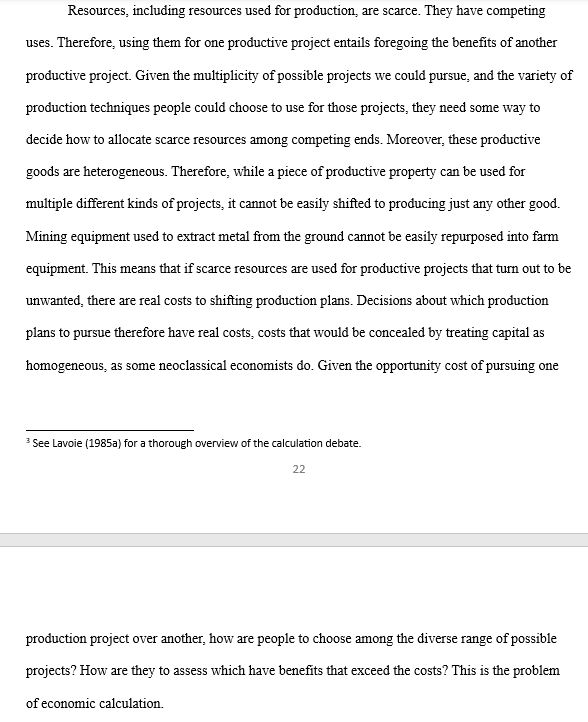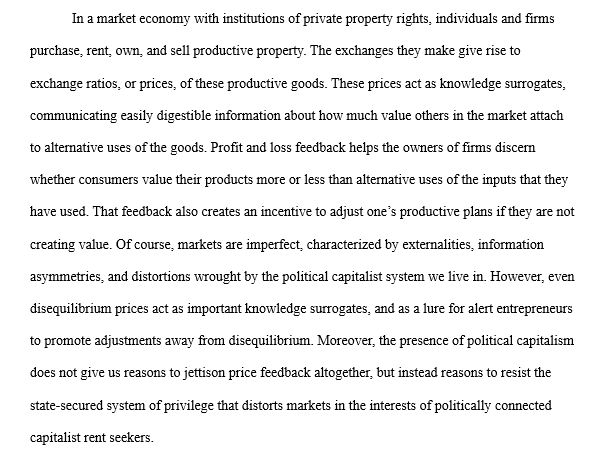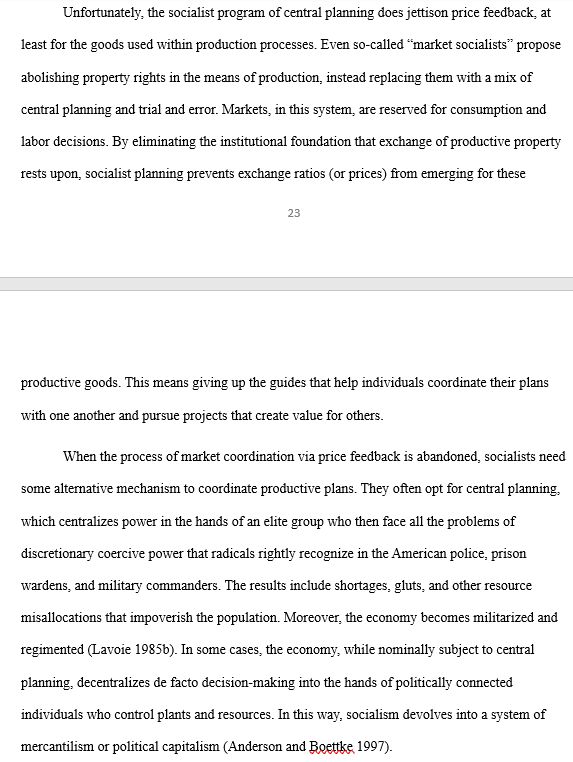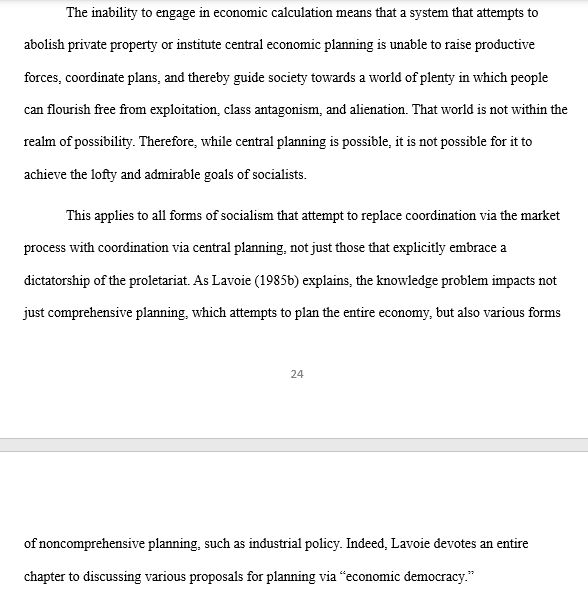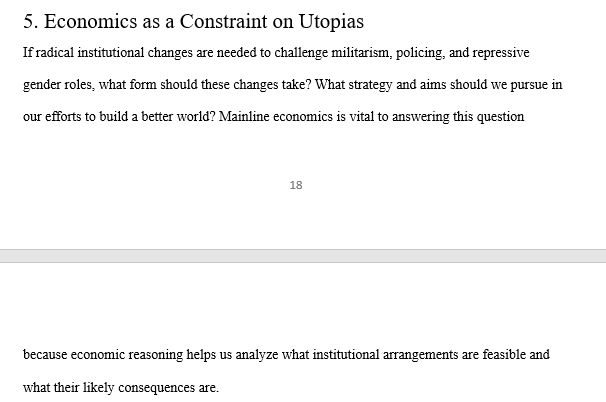Nathan Goodman
@nathanpgoodman.bsky.social
2.4K followers
4.2K following
300 posts
Economist who studies institutions, political economy, polycentricity, defense & peace economics, and border militarization.
https://www.nathanpgoodman.com/
https://scholar.google.com/citations?user=1Ue5NBMAAAAJ&hl=en
Posts
Media
Videos
Starter Packs
Reposted by Nathan Goodman
Reposted by Nathan Goodman
Reposted by Nathan Goodman
Reposted by Nathan Goodman
Reposted by Nathan Goodman
Reposted by Nathan Goodman

















